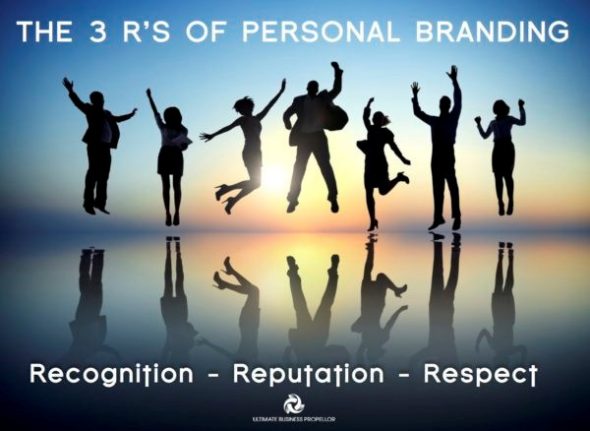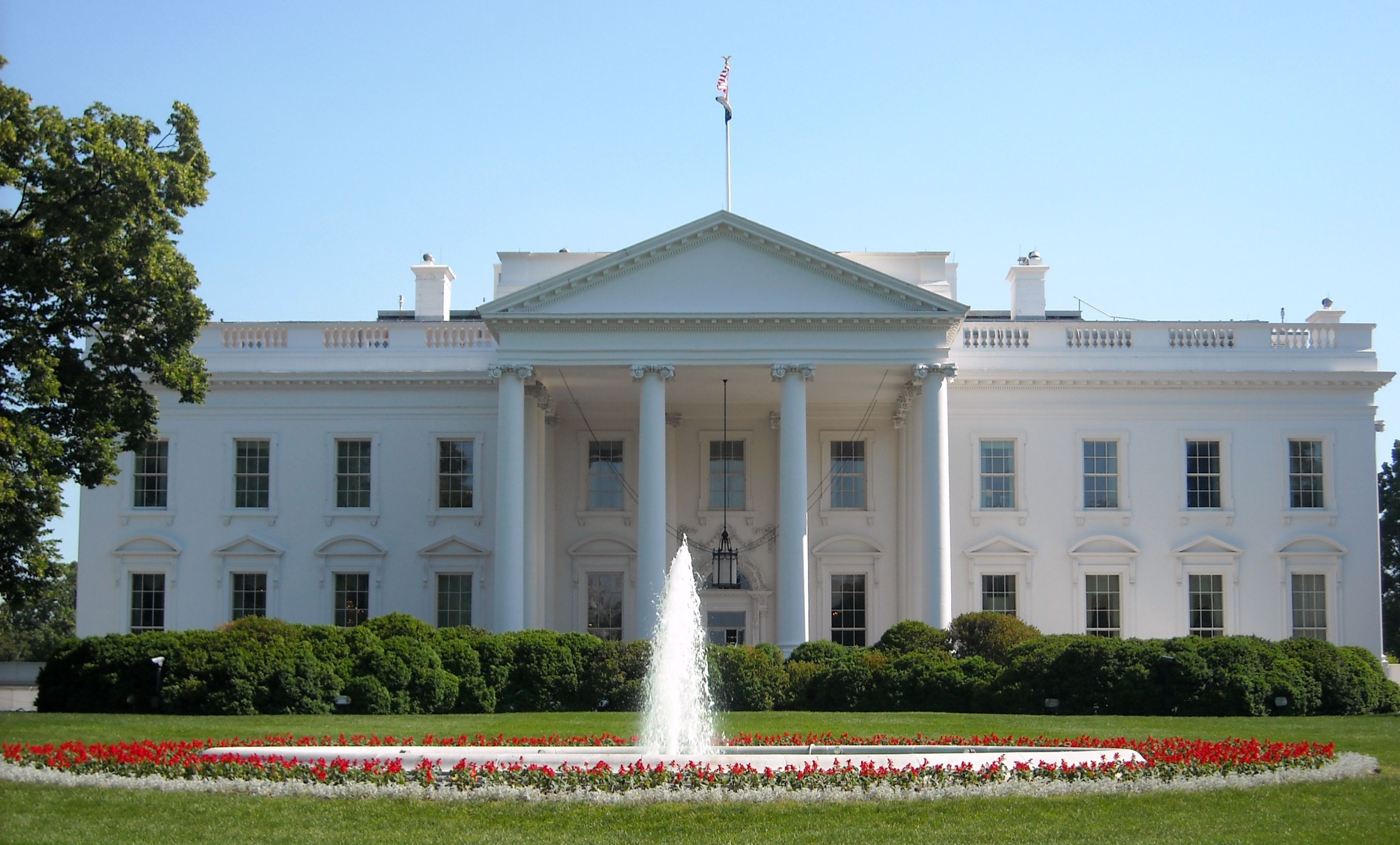Global Me
By Abida Eijaz Assistant Professor, University of the Punjab
@abidaeijaz
In a globalized world, participation and engagement of
individuals is simultaneously taking place at both micro and
macro levels. In this way people are becoming global
citizens. As a global citizen, one finds an opportunity to
introduce one’s skills and capabilities, passion and
commitment, values and character across the globe.

U.S. Fund for UNICEF 2011 defines a global citizen as, “Someone who understands interconnectedness, respects and values diversity, has the ability to challenge injustice, and takes action in personally meaningful ways” is a global citizen.
Global personal brand is based on the idea of getting connected across the globe for an individual recognition, cherished reputation and valued respect. ‘Global me’ is very much possible through social networking sites. To get the status of ‘global me’ is not difficult in the hi-tech world. The actual task is to perform the duties and to share the responsibilities of ‘global me’.
Global personal brand needs continuous engagement as Guy Kawasaki, a marketing specialist says, “To me, you are always trying to engage and provide value on social media, providing great links, great posts, great information, because you want to build a platform, so that one day when you need the platform to promote a book or a company or a product, the platform is there.”

It needs lots of time, continuous and interesting presence, and mastery of interpersonal communication to be a ‘global me’ which is quite challenging. As an educationist, the idea of global personal brand is an introduction and recognition for unique skills and expertise in the global network. However, it brings certain risks and costs due to socio-cultural and linguistic differences which can be problematic.

